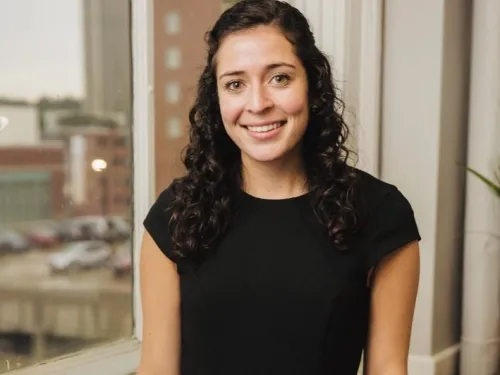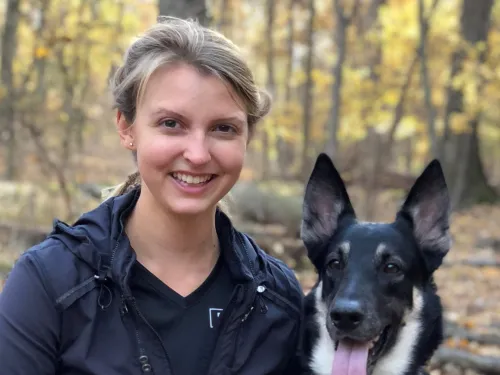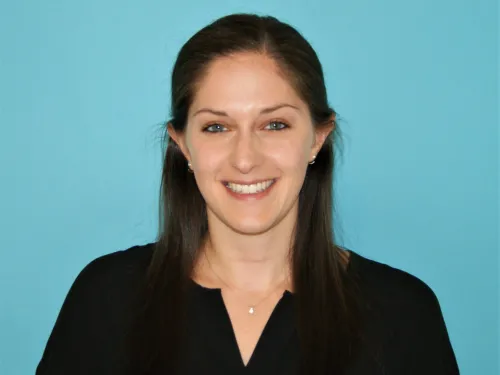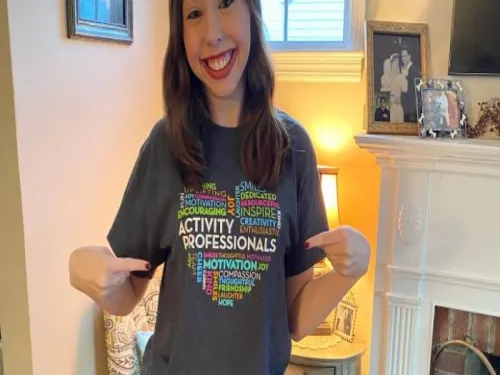And what are they doing now?

Mary Scouten '17
Mary attends Albany Law School where she is the Student Director of the Elder Law Pro Bono Project

Grace Goodhew '13
Grace is a Business Process Consultant for University of Pittsburgh Medical Center Health Plan

Marissa Levenson '12
Marissa is the Director of Life Care Management at a Boston area start-up, AssuredAllies


